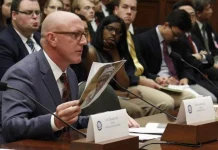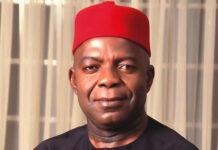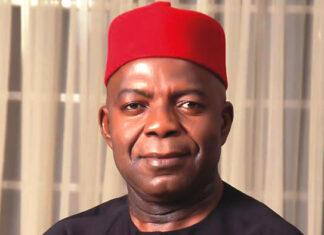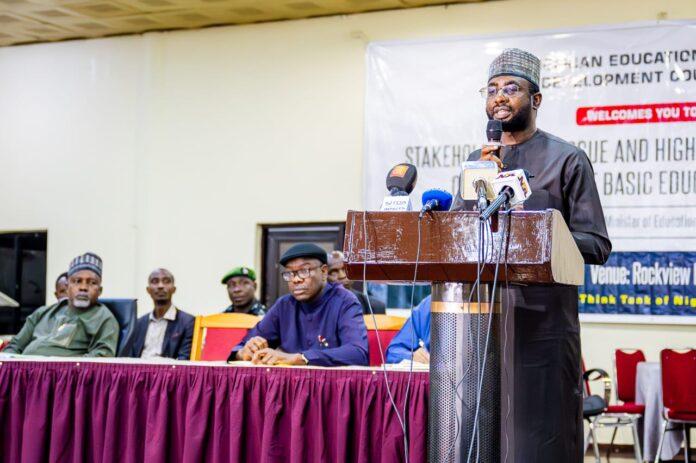
Nigeria’s education system is on the brink of transformation. But can it survive without embracing digital literacy?
Kashifu Inuwa, the Director General of the National Information Technology Development Agency (NITDA), doesn’t think so.
He’s advocating for a complete overhaul of the current curriculum to include digital literacy and skills, urging that this is the only way to prepare future generations for the realities of a rapidly changing world.
Speaking at a Stakeholders Dialogue and High-Level Policy Committee meeting on the Review of Basic Education Curriculum in Abuja, Inuwa stressed that Nigeria’s ambitious goal of achieving 95% digital literacy by 2030, with a midterm goal of 70% by 2027, hinges on integrating technology into education. But he’s clear on one thing: NITDA can’t do it alone.
“We cannot do it alone. But we believe, with you, we can do it. That is why we are exploring this partnership, to work with you, to build digital literacy and skills curricula in our formal education,” he said.
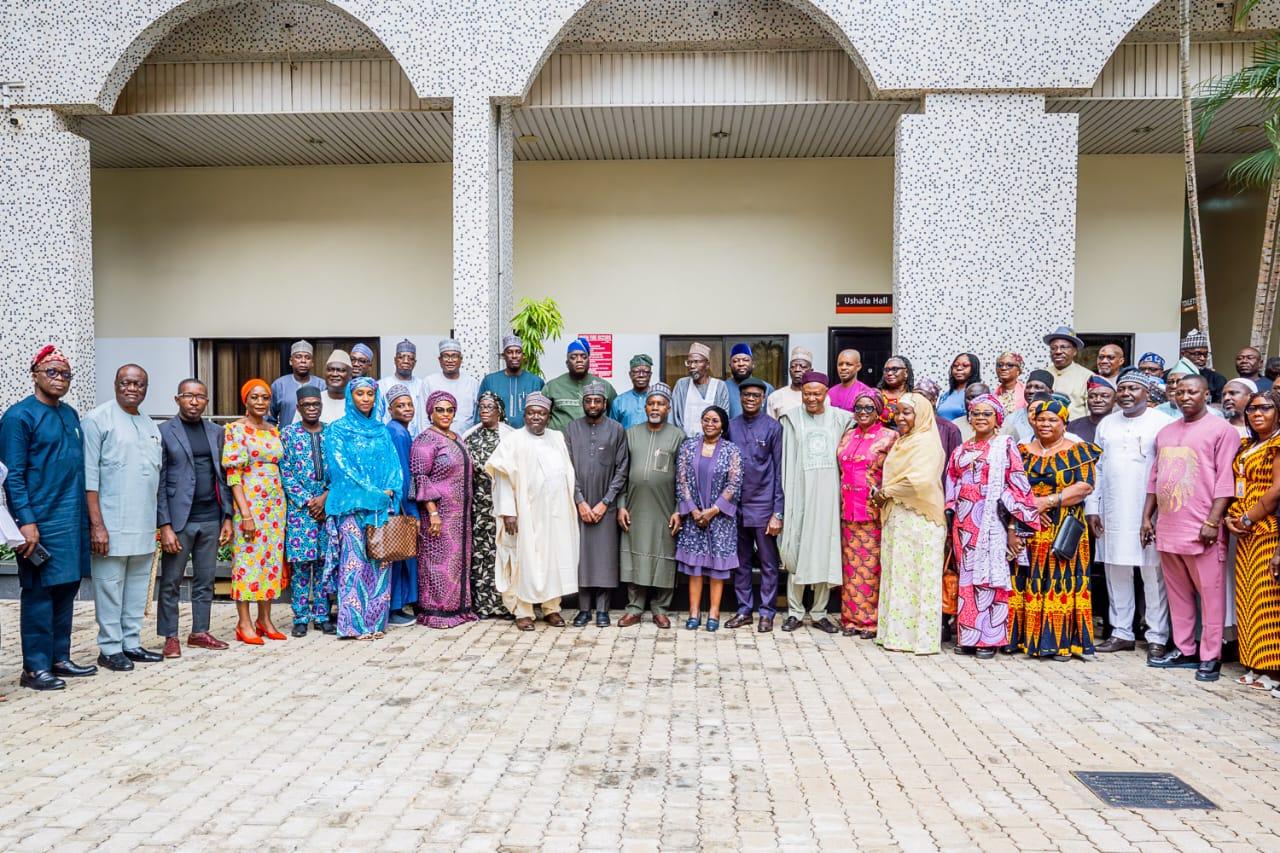
This collaboration is crucial, he emphasized, as the world moves from what once was science fiction into a tech-driven reality.
President Bola Ahmed Tinubu’s administration has tasked NITDA with accelerating Nigeria’s economic diversification by boosting productivity in key sectors through technological innovation.
But for this to succeed, the nation must first build its human capital.
“A nation’s greatest resource is not its minerals, but its human capital, and we must be intentional about harnessing this resource,” Inuwa added.
Digital literacy isn’t just an educational luxury; it’s a necessity. Inuwa warned that many professions are at risk of being overtaken by automation, making digital skills essential for future employability.
However, the DG also recognizes the double-edged nature of technology.
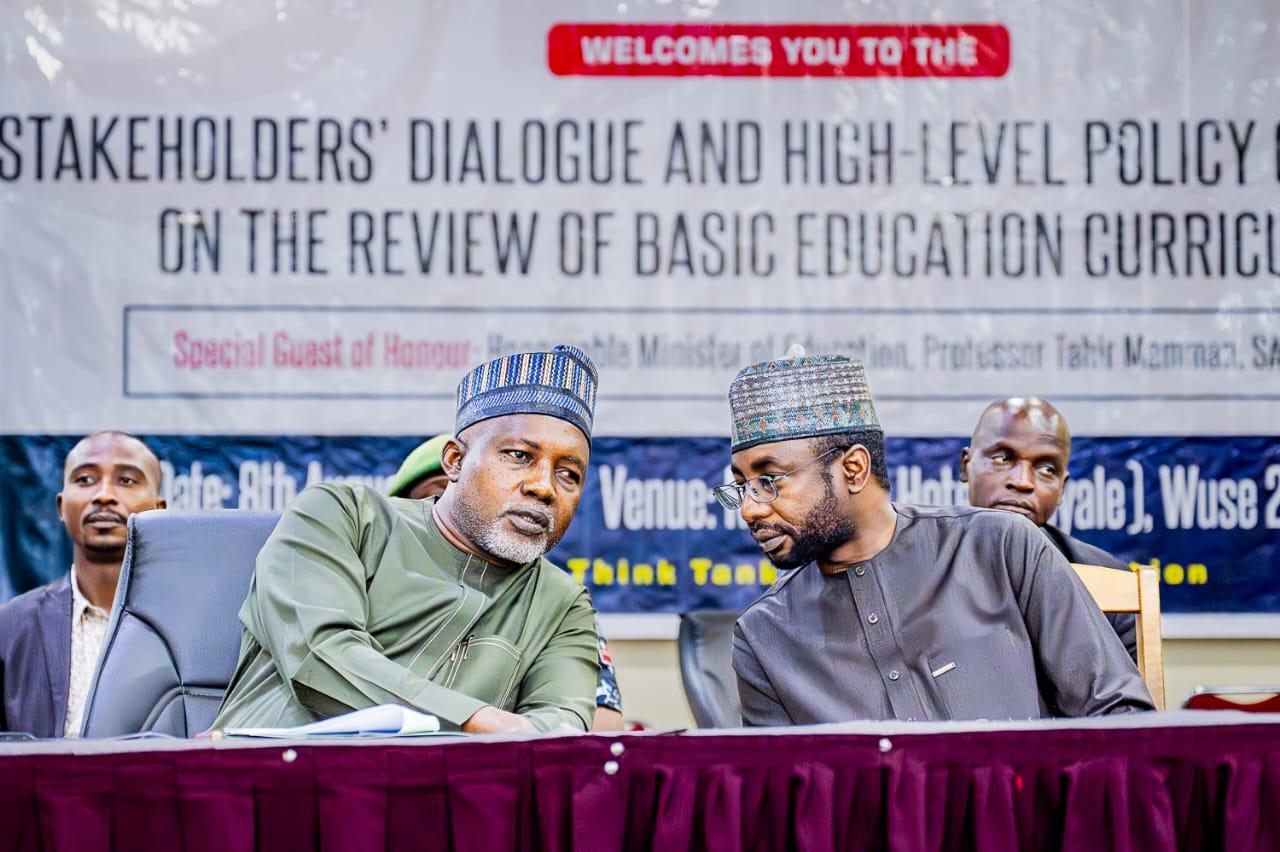
While social media can be a distraction, equipping children with the right digital skills can turn that distraction into a tool for self-development.
Echoing Inuwa’s sentiments, Dr. Yusuf Tanko Sununu, the Minister of State for Education, emphasized the urgency for Nigeria to adapt to the digital era.
“Technology is on the rise, and it’s either you join or get left behind. Our children’s education must provide a foundation that enables critical thinking, problem-solving, and self-protection,” he stated.
Dr. Sununu further highlighted the dire state of Nigeria’s education system. With one in five out-of-school children worldwide being Nigerian and one in four Nigerian children suffering from poor literacy and critical thinking skills, the country is grappling with a severe learning crisis.
To combat this, the government is rolling out the Marshall Plan for Education for the Community of Hope, a comprehensive strategy from 2024 to 2027 aimed at overhauling the educational system.
This plan prioritizes curriculum reform to ensure that education in Nigeria is not just functional but a driving force for national development.
The message is clear: if Nigeria’s education system doesn’t embrace digital literacy, it risks being left behind in a rapidly evolving global landscape. More so, the future of the nation’s children depends on it.





